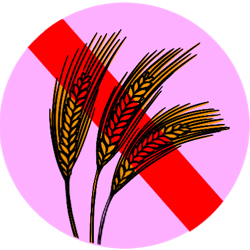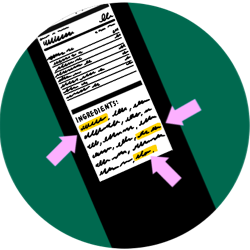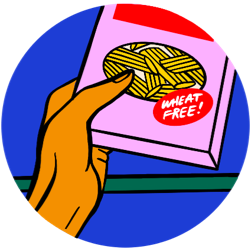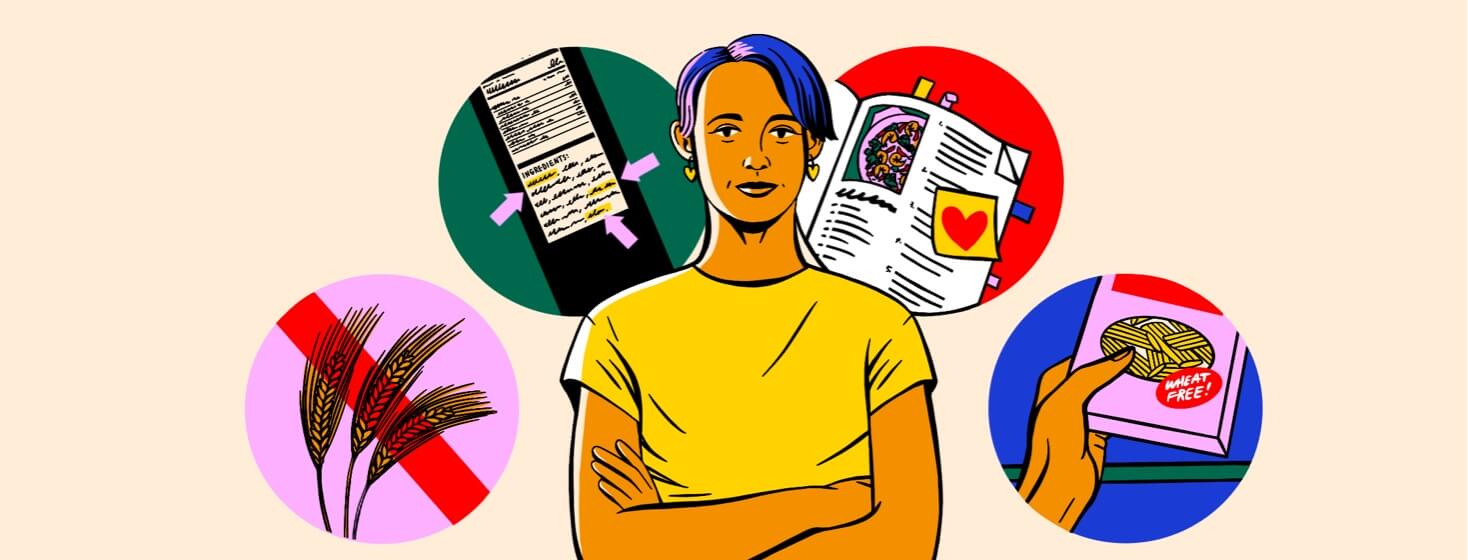4 Lessons I’ve Learned From Dealing With Food Allergies
Let's be honest: food allergies are a hassle. They can be hard to navigate and can become incredibly stressful. But on the flip side, food allergies are manageable if you plan a little and do some research. You can transform food allergies from incredibly overwhelming to a minor nuisance. But you must create a system for yourself.
Food allergies require planning
Unfortunately, I have been dealing with food allergies since 2011, so I have some years under my belt. At first, they were challenging to manage because I didn't have a plan for myself, nor was I diligent about reading labels and understanding ingredients. But with time, I got the hang of things, and now dealing with food allergies is much simpler, and I don't get stressed out like I used to.
Realizing you must be vigilant
A food that I must avoid is wheat. Wheat is a killer for my digestive system; if I even have a little bit, I have a major allergic reaction. This can lead me to feel sick for days.
When I was first diagnosed with food allergies, dealing with this realization was difficult. It felt like wheat was in everything I wanted to eat! I knew the obvious foods like bread, pasta, and chips were foods I needed to avoid. But it turns out food companies like to hide wheat in sauces and drinks too. Salad dressings were culprits, even soy sauce and beer.
Learning how to live with food allergies
But as I mentioned before, once you get the hang of things and educate yourself, identifying your culprit food becomes much more manageable. And learning things that have to do with your culprit food stay engrained in your brain. The way certain foods are prepared can contain wheat, as cooking with wheat flour is very common and is used as a thickener.
Lessons I've learned from food allergies
Overall, here are things to consider when you have food allergies.

Understand your culprit foods
What I mean by this is do your research and know which foods contain your allergy that isn't obvious. This involves research, and it is essential. For example, I know if there is an ingredient that says "yeast extract," I avoid it as well because it contains wheat.

Always read the food labels
If you didn't know, food labels list ingredients from most used to least. For example, if you are allergic to corn starch and it is listed last on the ingredients label, there is very little of it. In turn, if it was listed first, basically, that is the main ingredient, and there is a lot of it. If your allergy to corn starch isn't severe, you may be able to tolerate a food listed at the end. Understand what standard food label terms mean because many marketing claims used on packaging can be misleading.

Create a collection of safe meals
It is important to have meals you can make that don't contain your culprit food, so you have peace of mind when eating meals. I have a go-to meal plan for when I am cooking at home. These are recipes that I can cook and enjoy, and I know that I won't have any issues allergy-wise. This gives me peace of mind and allows me to eat without any stress whatsoever.

Identify delicious substitute foods
Sometimes I crave a cracker or want some bread or pasta. I know what products I can enjoy as substitutes for traditional wheat crackers. I can have as substitutes to calm these cravings. For a crisp cracker, I reach for Simple Mills Sea Salt Crackers. For bread, I can tolerate a high-quality sourdough from a bakery, but only a slice. And for pasta, I can enjoy chickpea pasta.
Moving forward with allergies
Overall, having a plan and doing research is the best way to adapt to food allergies. Be diligent. Read labels. And educate yourself about your culprit ingredients.
How about you? Can you share any tips on what you have learned while dealing with food allergies?

Join the conversation